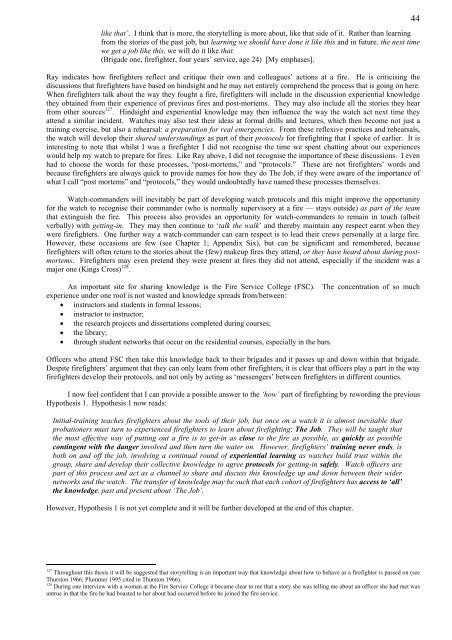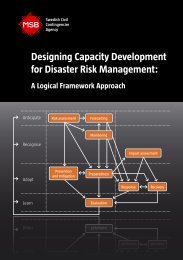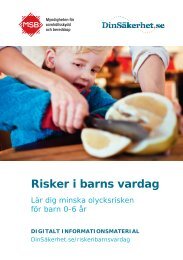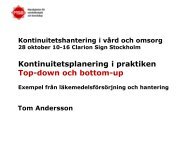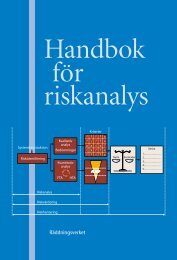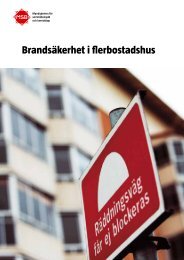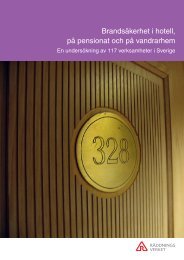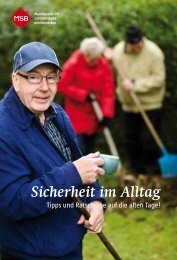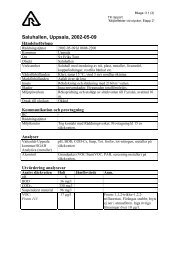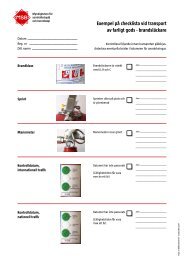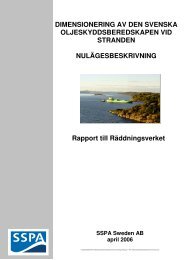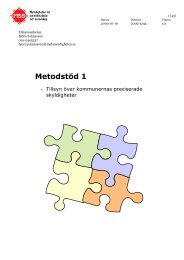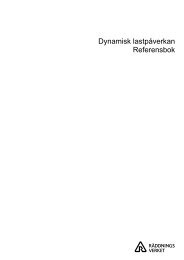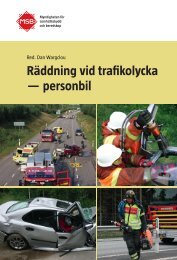One more last working class hero
One more last working class hero
One more last working class hero
You also want an ePaper? Increase the reach of your titles
YUMPU automatically turns print PDFs into web optimized ePapers that Google loves.
like that’. I think that is <strong>more</strong>, the storytelling is <strong>more</strong> about, like that side of it. Rather than learning<br />
from the stories of the past job, but learning we should have done it like this and in future, the next time<br />
we get a job like this, we will do it like that.<br />
(Brigade one, firefighter, four years’ service, age 24) [My emphases].<br />
Ray indicates how firefighters reflect and critique their own and colleagues’ actions at a fire. He is criticising the<br />
discussions that firefighters have based on hindsight and he may not entirely comprehend the process that is going on here.<br />
When firefighters talk about the way they fought a fire, firefighters will include in the discussion experiential knowledge<br />
they obtained from their experience of previous fires and post-mortems. They may also include all the stories they hear<br />
from other sources 127 . Hindsight and experiential knowledge may then influence the way the watch act next time they<br />
attend a similar incident. Watches may also test their ideas at formal drills and lectures, which then become not just a<br />
training exercise, but also a rehearsal: a preparation for real emergencies. From these reflexive practices and rehearsals,<br />
the watch will develop their shared understandings as part of their protocols for firefighting that I spoke of earlier. It is<br />
interesting to note that whilst I was a firefighter I did not recognise the time we spent chatting about our experiences<br />
would help my watch to prepare for fires. Like Ray above, I did not recognise the importance of these discussions. I even<br />
had to choose the words for these processes, “post-mortems,” and “protocols.” These are not firefighters’ words and<br />
because firefighters are always quick to provide names for how they do The Job, if they were aware of the importance of<br />
what I call “post mortems” and “protocols,” they would undoubtedly have named these processes themselves.<br />
Watch-commanders will inevitably be part of developing watch protocols and this might improve the opportunity<br />
for the watch to recognise their commander (who is normally supervisory at a fire — stays outside) as part of the team<br />
that extinguish the fire. This process also provides an opportunity for watch-commanders to remain in touch (albeit<br />
verbally) with getting-in. They may then continue to ‘talk the walk’ and thereby maintain any respect earnt when they<br />
were firefighters. <strong>One</strong> further way a watch-commander can earn respect is to lead their crews personally at a large fire.<br />
However, these occasions are few (see Chapter 1; Appendix Six), but can be significant and remembered, because<br />
firefighters will often return to the stories about the (few) makeup fires they attend, or they have heard about during postmortems.<br />
Firefighters may even pretend they were present at fires they did not attend, especially if the incident was a<br />
major one (Kings Cross) 128 .<br />
An important site for sharing knowledge is the Fire Service College (FSC). The concentration of so much<br />
experience under one roof is not wasted and knowledge spreads from/between:<br />
• instructors and students in formal lessons;<br />
• instructor to instructor;<br />
• the research projects and dissertations completed during courses;<br />
• the library;<br />
• through student networks that occur on the residential courses, especially in the bars.<br />
Officers who attend FSC then take this knowledge back to their brigades and it passes up and down within that brigade.<br />
Despite firefighters’ argument that they can only learn from other firefighters, it is clear that officers play a part in the way<br />
firefighters develop their protocols, and not only by acting as ‘messengers’ between firefighters in different counties.<br />
I now feel confident that I can provide a possible answer to the ‘how’ part of firefighting by rewording the previous<br />
Hypothesis 1. Hypothesis 1 now reads:<br />
Initial-training teaches firefighters about the tools of their job, but once on a watch it is almost inevitable that<br />
probationers must turn to experienced firefighters to learn about firefighting: The Job. They will be taught that<br />
the most effective way of putting out a fire is to get-in as close to the fire as possible, as quickly as possible<br />
contingent with the danger involved and then turn the water on. However, firefighters’ training never ends, is<br />
both on and off the job, involving a continual round of experiential learning as watches build trust within the<br />
group, share and develop their collective knowledge to agree protocols for getting-in safely. Watch officers are<br />
part of this process and act as a channel to share and discuss this knowledge up and down between their wider<br />
networks and the watch. The transfer of knowledge may be such that each cohort of firefighters has access to ‘all’<br />
the knowledge, past and present about ‘The Job’.<br />
However, Hypothesis 1 is not yet complete and it will be further developed at the end of this chapter.<br />
44<br />
127 Throughout this thesis it will be suggested that storytelling is an important way that knowledge about how to behave as a firefighter is passed on (see<br />
Thurston 1966; Plummer 1995 cited in Thurston 1966).<br />
128 During one interview with a woman at the Fire Service College it became clear to me that a story she was telling me about an officer she had met was<br />
untrue in that the fire he had boasted to her about had occurred before he joined the fire service.


